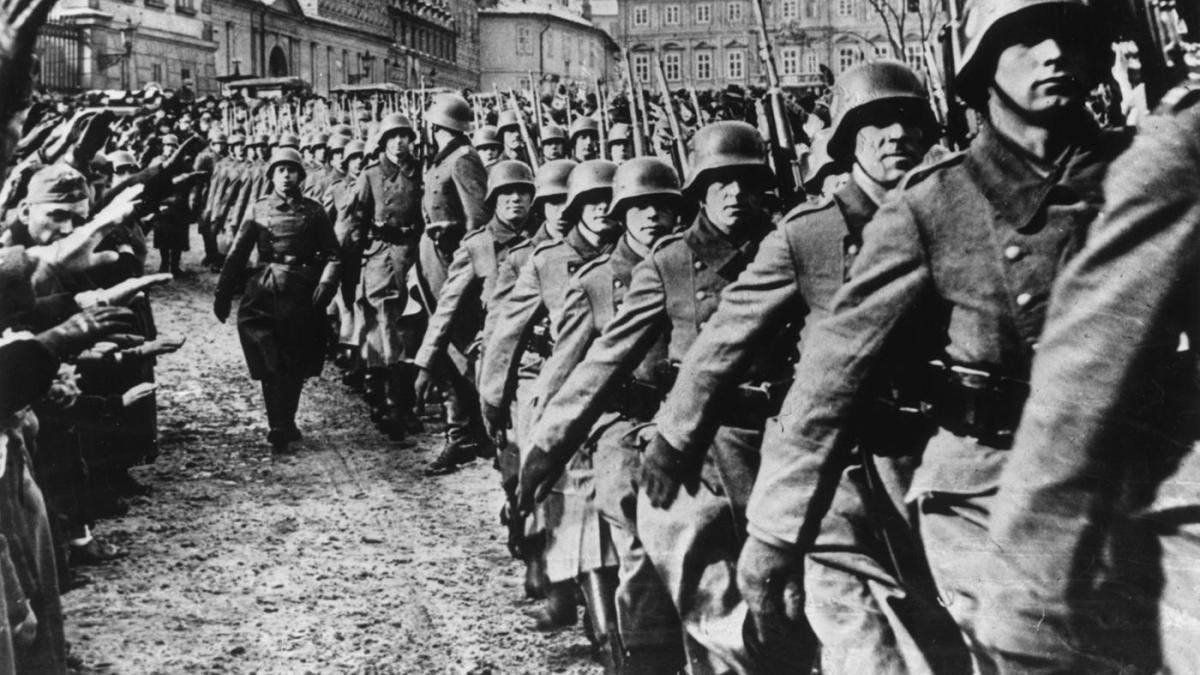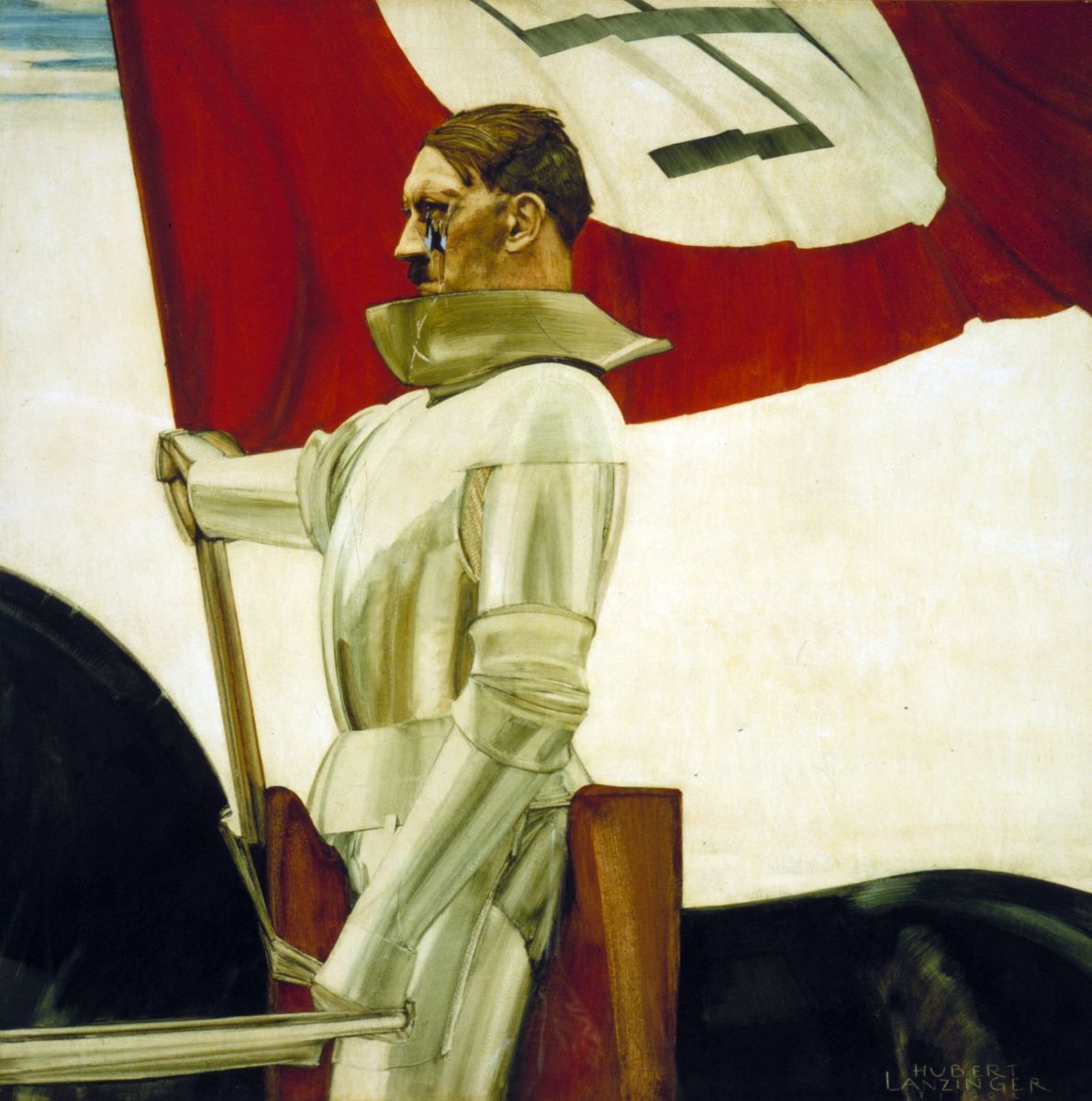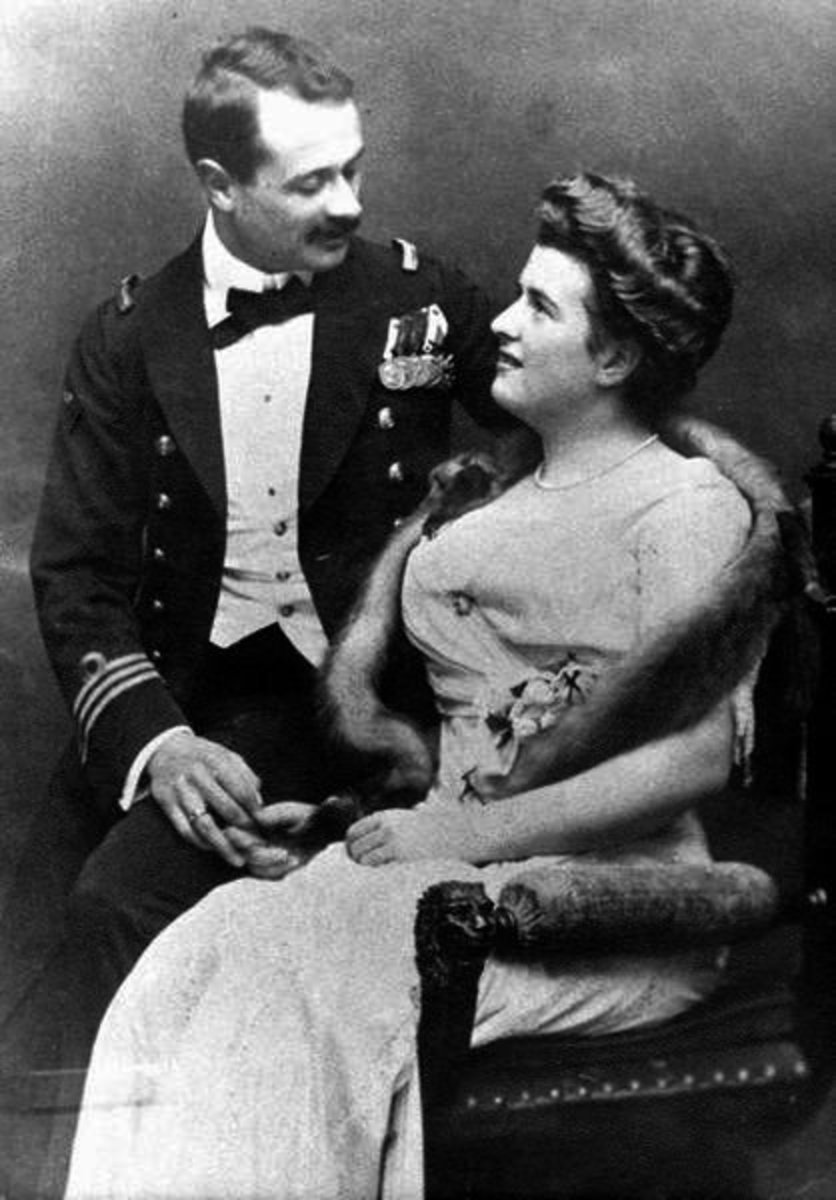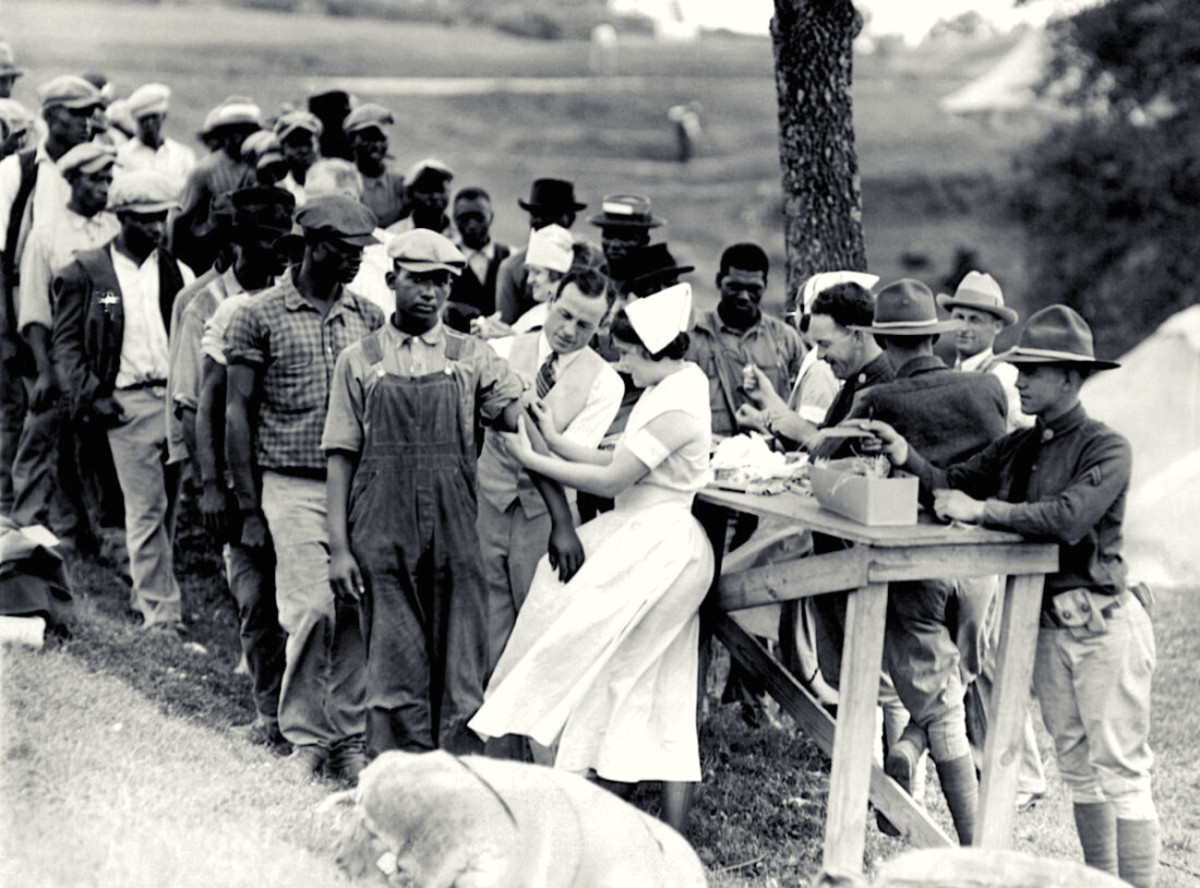- HubPages»
- Education and Science»
- History & Archaeology»
- History of the Modern Era
The Nazi Regime and Their Hunger for Europe's Gold
The Nazi Need For Gold.
The quest for Europe's gold was possibly due to the financial burden of the Weimar Republic reparations to the allies after the First World War. This combined with the global depression of the late 1920's created a need for the accumulation of material riches. When Adolf Hitler and the Nazi regime came to power, they found that Germany had very little in the way of treasury assets. The weakness of Germany's gold reserves and foreign capital was a major stumbling block to the militaristic aims of the Nazi regime.
Nazi Germany was initially unable to secure favourable loans and had to barter with some of its more affluent neighbours. Through this practice, it could restore some of its military might to levels that were in complete defiance to the terms of the Treaty of Versailles (1919).
The Nazi regimes priority was to rebuild for the inevitable conflict that the Nazi regime had always envisioned. The Nazi party were under no illusions, they knew that this course of action was the only way for them to complete their stated desire of reclaiming the historic lands taken from them as a punishment for their failure in The Great War (1914-1918).
Germany and its embattled people wanted their old prestige and power back. They wanted to remove the stain and humiliation of that hated peace treaty. The entire economy and state was on a "War footing" from the moment the Nazi party gained control of the Reichstag in the early 1930's.
.
Nazi Gold Bar.
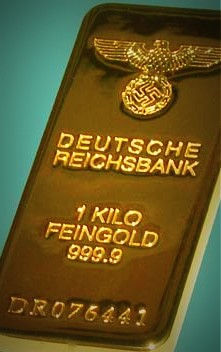
The Economic Lie.
By the outbreak of the Second World War, Nazi Germany had defaulted upon its foreign loans and most of its trade relied upon the ability of its economy and officials to barter. Huge sums of capital were plowed into companies that made the weapons and instruments of war. The single mindedness of these policies saw Germany's foreign reserves drained and by 1938 much the world saw trade with Hitler's Germany as an economic. The threat of Hitler's Germany and her growing military might persuaded many neighbouring countries to ignore the financial risks that Germany represented, appeasement was a foolhardy approach.
The Nazi quest for gold started with the union with Austria and the annexation of the Sudetenland (Czech Republic). Many experts believe that the Nazi's acquired approximately $70,000,000 from the occupied territories own gold reserves. This looted gold would have been used to increase the rate of German military production and the Nazi economy would have benefited from the increased levels of production.
The looted gold would have ended up as legitimate gold in the treasury of its trading partners. Lost to the economics of war, which would then be recycled time and time again.
Economic Warfare and the Spoils of War.
At the beginning of the Second World War, the Nazi war machine crushed all non aligned states throughout the bulk of Europe. Soon the Nazi regime had economic control of France, Belgium, Poland, Romania, Holland, Latvia, Denmark, Norway and Greece. The Nazi's took full ownership of the assets, that had belonged to these states. Anything that was of any value was swiftly transported back to the heart of the Third Reich. During the war, Nazi Germany may have stolen as much as $600 million in gold from foreign governments. This included $220 million from Belgium and over $195 million from the Netherlands.
These rough figures do not include gold and other items of value stolen from private citizens or companies.The level of theft from individual persons can only be estimated and still subject to legal argument many years later.
At the end of the Second World War, many of the individuals who lost assets were not able to claim them back from a defeated and bankrupt Germany. Many of the records were burned and the stolen loot was spirited away by those who had been instrumental in securing the valuables.
A Nazi Camp Situated in Poland.

Plundering From Those it Slaughtered.
Much of the private owned gold that was plundered by Nazi Germany, came from individuals who were also tragic victims of the Holocaust. The systematic slaughter saw looting of rings, watches and lockets, these items were taken from the inmates mere minutes after they were admitted to the camps.The camp workers were also instructed to remove gold fillings from the teeth of those who had just met their end in the gas chambers. It is probable that a lot of this reclaimed gold was transferred to other neutral countries banking institutions in order to provide currency for further purchases from unaware or indifferent manufacturers.
Switzerland was heavily utilized by the Nazi regime for this type of transaction. Switzerland was used as it was under a lot of pressure by the Germany high command. In response to this pressure, Switzerland would offer more favourable terms to the Axis powers. The Swiss National Bank, which was the largest gold distribution centre in Europe before the war, was the perfect place for the Nazi regime to dispose of its ill-gotten gold. It is estimated that the Swiss National Bank, received $500 million in stolen gold from Nazi sources, of which $300 million is estimated to have been looted from private citizens, companies or the reserves of other banks.
The Nazi Defeat and Missing Millions.
The collapse of the Nazi regime in Germany was to start the mystery of what happened to the looted gold in a free Europe. It is likely a lot of the loot was absorbed into the European financial institutions at the end of the war. It has been alleged, that numerous European institutions such as the Vatican Bank had taken some of the Nazi gold for safe keeping. The main problem was that at the time, many of the victims could not claim their assets as they were either dead or all proof of their ownership destroyed by the defeat regime.
The Bigelow Report was set up after the war by the Allies and its findings were declassified in the late 1990's, The report suggested that the Vatican had confiscated 350 million Swiss francs in Nazi gold to keep it safe at the end of the conflict. Of the Vatican held gold, some 150,000,000 Swiss francs had been impounded by British armed forces on the Austrian-Swiss border The report also stated that the balance of the gold was possibly held in one of the Vatican’s numbered Swiss bank accounts. Unfortunately for those seeking answers, Switzerland has some of the tightest confidentiality agreements when it comes to questions regarding their banking code.
Justice for Holocaust Survivors.
In 1995 at the World Jewish Congress , a group with very strong political connections in the United States, began negotiations on behalf of various other Jewish groups with the Swiss banks and the Swiss government over dormant bank accounts that had been opened by Jewish individuals before the war. The Jewish lobby group eventually entered a lawsuit in Brooklyn, New York. The action was based on the grievances of Holocaust survivors and their heirs against the Swiss banks policies during and after the Second World War.
In this action, they alleged that the banks deliberately made things difficult for the survivors to access these accounts. These Swiss banks put up a wall of bureaucracy to keep the accounts hidden, to access these pre-war accounts relatives were required to present documents that never existed. The banks wanted death certificates (usually non-existent for Holocaust victims) or proof of the actual account.
The relatives of those who perished would have felt aggrieved at the stance of the banking institutions. Their impossible requests along with a noted attitude drenched in formality meant many believed that some of the Swiss banks only wished to retain the wealth indefinitely. These actions also made claims on the possessions that the banks harboured and held for the Nazi Regime as they allege that the banks knew the gold and other loot were stolen.The plaintiffs of this action were unique as it included all Holocaust victims, not just the Jewish victims.



